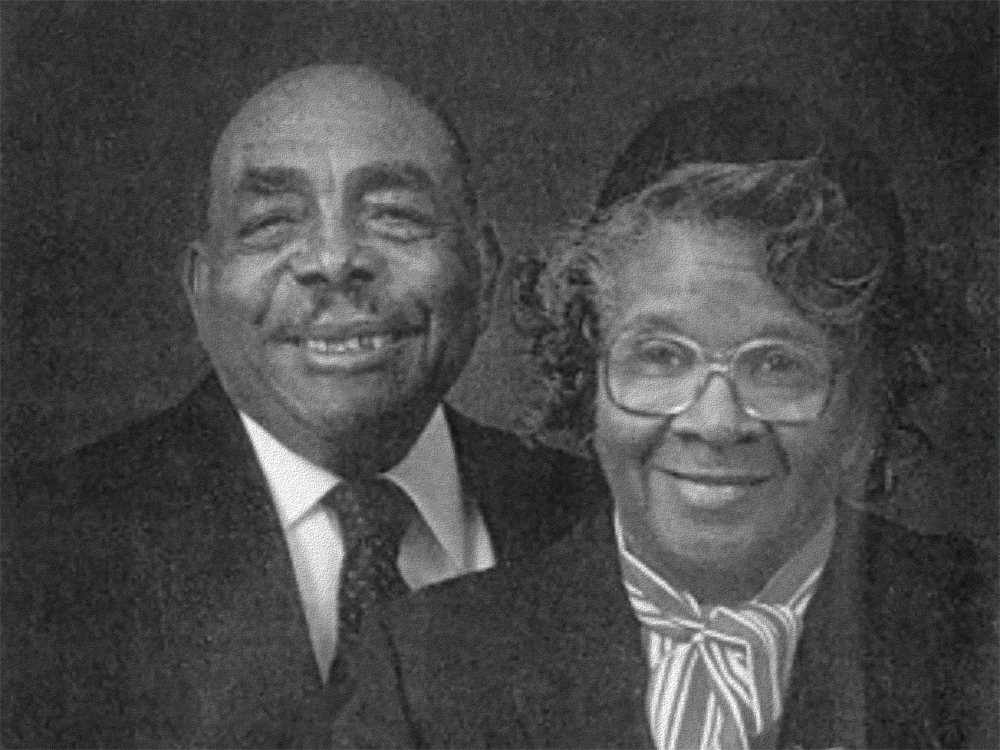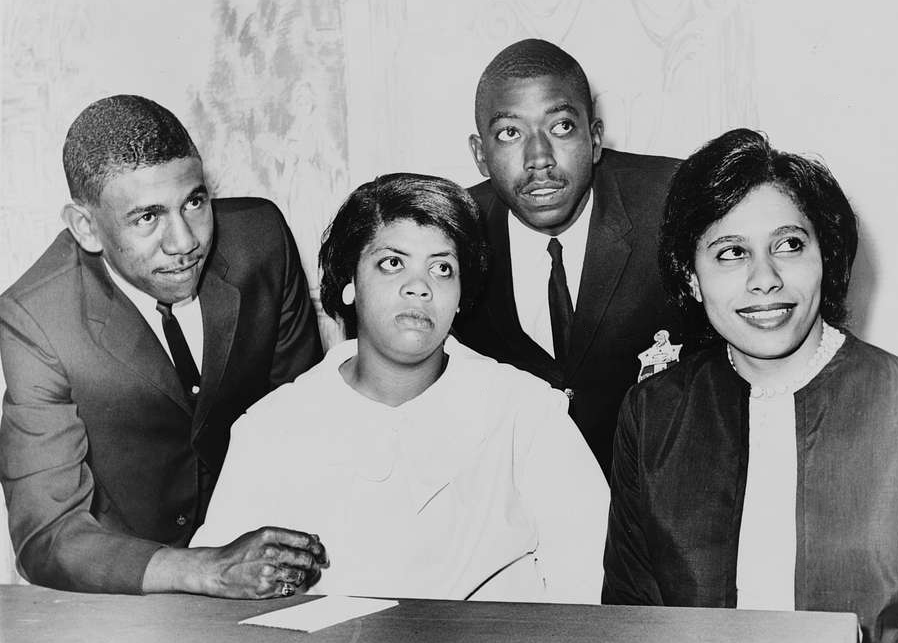Harry Briggs Sr. was an important figure in the civil rights movement in the United States. He was one of the key plaintiffs in the Briggs v. Elliott case, a pivotal legal battle that was later consolidated into the landmark Brown v. Board of Education Supreme Court decision in 1954. Harry Briggs Sr. lived in Clarendon County, South Carolina, and was a black parent who challenged the segregated education system in the county. Along with other African American families, he joined the lawsuit against the local school district in 1949, seeking equal educational opportunities for black students.
The Briggs v. Elliott case argued that the separate schools for black and white students were inherently unequal, with black schools receiving far fewer resources, funding, and facilities compared to white schools. The plaintiffs contended that this system violated their constitutional rights, specifically the Equal Protection Clause of the Fourteenth Amendment.

Although the initial lawsuit was unsuccessful at the state level, the Briggs v. Elliott case was eventually consolidated with other school segregation cases and became part of the broader Brown v. Board of Education case that addressed school segregation nationwide. In the historic Brown v. Board of Education decision in 1954, the Supreme Court ruled unanimously that racial segregation in public schools was unconstitutional. The decision overturned the “separate but equal” doctrine established in the 1896 Plessy v. Ferguson case and marked a significant turning point in the fight against segregation in the United States.

Harry Briggs Sr.’s participation as a plaintiff in the Briggs v. Elliott case, alongside other activists, helped challenge the unjust system of segregated education and played a crucial role in the eventual dismantling of racially segregated schools. Their courage and determination contributed to the broader civil rights movement and the push for equal educational opportunities for all students.

